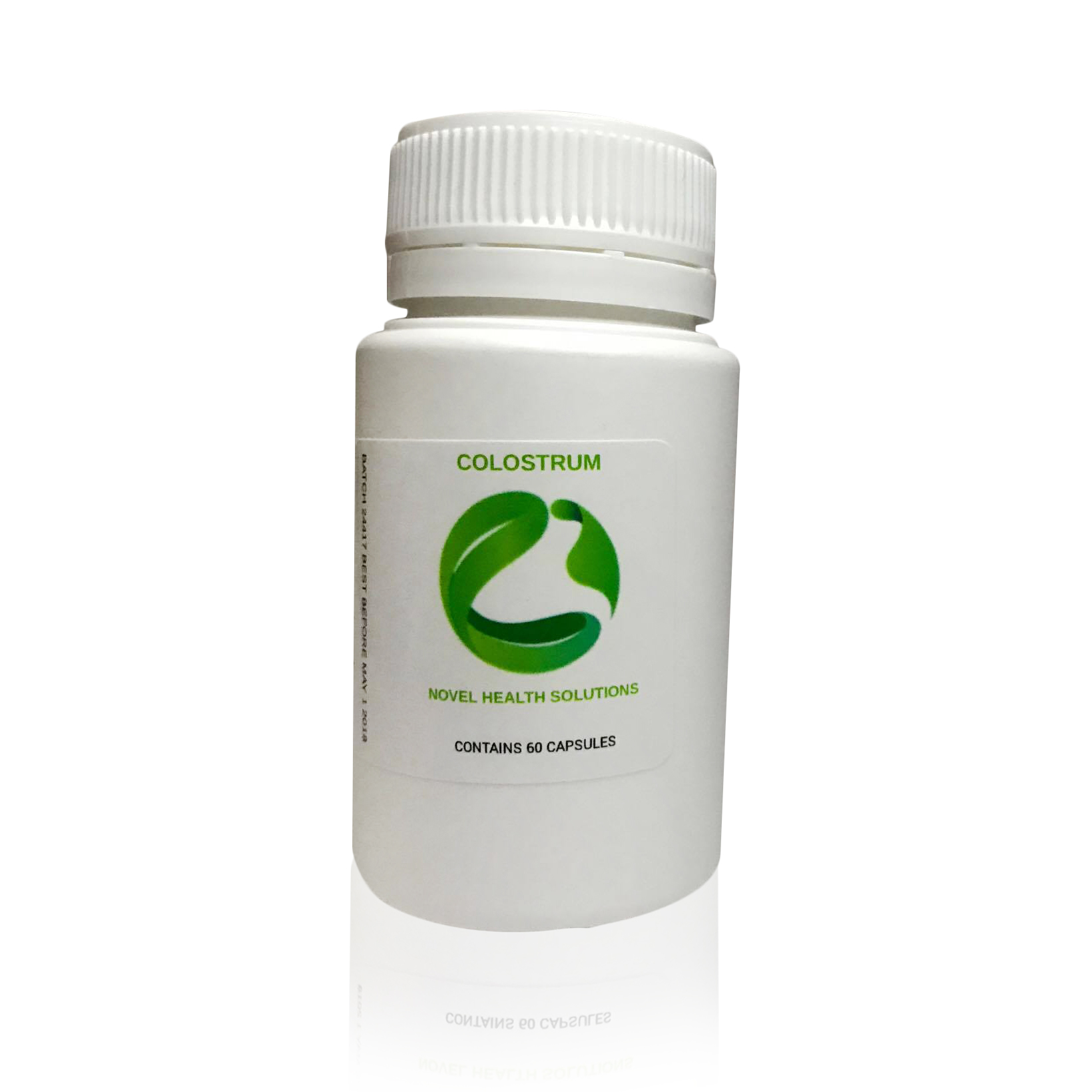GcMAF (Globulin Component Macrophage Activating Factor) has garnered attention in alternative health circles as a substance that may boost immune system function. It’s often presented in various forms, including injections, powders, and capsules, as a potential treatment for several chronic diseases, particularly cancer and autoimmune disorders. While advocates of GcMAF suggest it may hold promise, its use remains controversial due to limited scientific evidence and regulatory concerns. This article will focus on gcmaf capsules, discussing their claims, potential benefits, and the surrounding controversy.
What is GcMAF?
GcMAF is a protein naturally produced in the body as part of the immune system’s response to pathogens and abnormal cells. Specifically, it works by activating macrophages, which are a type of white blood cell that engulfs and digests cellular debris, foreign substances, and cancer cells. Proponents of GcMAF suggest that by increasing levels of this protein, the immune system can be “supercharged” to fight diseases like cancer, HIV, and chronic fatigue syndrome.
How GcMAF Capsules are Supposed to Work
GcMAF capsules are marketed as a convenient oral supplement form of this protein, aimed at supporting immune health. According to advocates, these capsules can help stimulate macrophage activity to:
- Attack Cancer Cells: GcMAF is said to enhance the body’s ability to detect and destroy cancerous cells before they multiply.
- Combat Chronic Infections: It is believed that GcMAF can assist in fighting chronic viral infections, such as Epstein-Barr virus or herpes, which are associated with conditions like chronic fatigue syndrome.
- Modulate Autoimmune Responses: Some claim that GcMAF can help balance immune function in autoimmune conditions by encouraging the immune system to stop attacking healthy cells.
- Overall Immune Support: It’s often positioned as a general immune system booster for those suffering from various immune-related health issues.
The Science Behind GcMAF Capsules: Lack of Strong Evidence
Despite the claims made about GcMAF, the scientific evidence supporting its efficacy is limited. Research on GcMAF has primarily been conducted in vitro (in the lab) or in small, uncontrolled human trials. Additionally, while GcMAF may show promise in activating macrophages, there’s no conclusive large-scale clinical data proving it can effectively treat cancer or other serious diseases in humans.
Some of the primary concerns regarding GcMAF therapy include:
- Small Sample Sizes: The limited studies that do exist often involve very few participants, making it difficult to generalize the results.
- Unverified Results: Much of the research promoting GcMAF’s benefits comes from sources that are not peer-reviewed or are funded by organizations selling the product.
- Regulatory Issues: Due to a lack of robust clinical evidence, GcMAF is not approved by major health regulatory bodies like the FDA or European Medicines Agency.
Controversies Surrounding GcMAF
One of the primary reasons GcMAF is controversial is due to its association with unlicensed treatments and alternative clinics, some of which have been shut down by authorities. There have been multiple reports of GcMAF being sold as a cure for cancer or other serious diseases, despite insufficient scientific backing. In some cases, the manufacturers and distributors of GcMAF products have been prosecuted for selling unregulated and potentially unsafe products.
For instance, in 2015, the UK’s Medicines and Healthcare Products Regulatory Agency (MHRA) ordered the closure of clinics offering GcMAF therapies and the seizure of products after concerns about the quality and safety of the substance. The agency found that GcMAF products sold to patients were not properly manufactured and could pose health risks.
